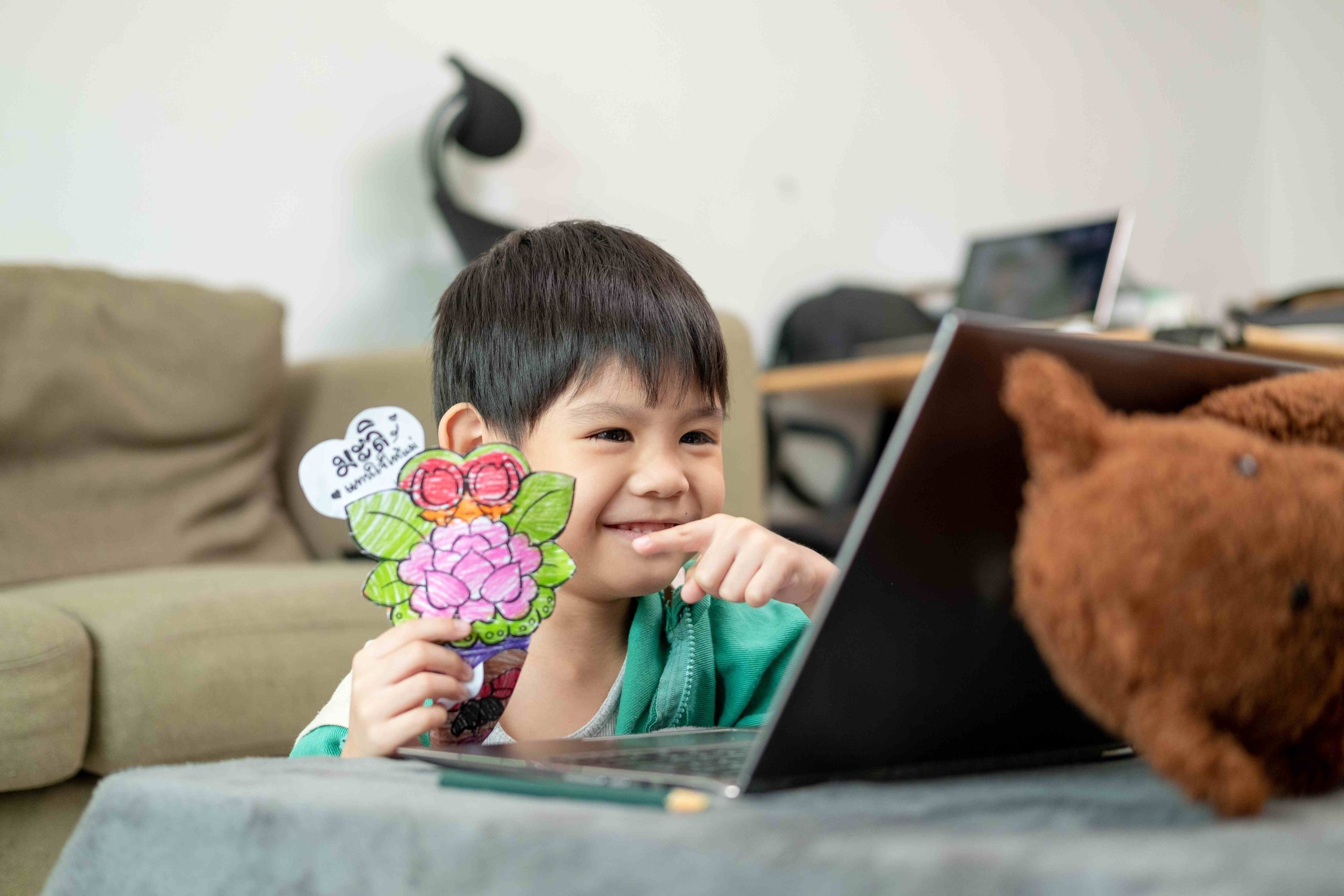
Revolutionizing the Preschool Market: The Transformative Power of Technology
Introduction
In today’s digital age, technology has become an integral part of our lives, transforming various sectors, including education. Here, we explore the profound influence of technology on the preschool market, highlighting its role in creating personalized learning experiences for young learners.
Interactive Learning through Educational Apps and Games
Preschoolers now have access to a myriad of educational apps and games designed to engage and stimulate their growing minds. These interactive tools seamlessly blend entertainment with education, providing a rich learning experience tailored to individual needs.
Virtual Reality and Augmented Reality in Preschool Education
Virtual reality (VR) and augmented reality (AR) have introduced immersive learning experiences to preschoolers, allowing them to explore concepts in engaging ways.
Personalized Learning Platforms and Adaptive Curricula
Technology has facilitated the development of personalized learning platforms and adaptive curricula, catering to the specific needs and learning styles of individual preschoolers.
Collaborative Learning and Remote Education
Technology enables collaborative learning and remote education opportunities, transcending traditional classroom settings, especially during times of crisis or limited access to physical classrooms.
Data-driven Insights for Personalized Assessment
Educators and parents can now access data-driven insights to accurately assess preschoolers’ progress and track their learning journeys in real-time.
Ethical Considerations and Safeguarding
While technology offers remarkable opportunities, it’s crucial to address ethical considerations and safeguard preschoolers’ online experiences through robust privacy measures and age-appropriate content.
Assistive Technology for Inclusive Learning
Assistive technology tools have emerged as powerful aids in supporting preschoolers with diverse learning needs, ensuring equal access to educational opportunities.
Parent Engagement and Learning Extensions
Technology has facilitated increased parent engagement and involvement in their preschoolers’ learning journey through digital platforms and applications.
Emotional Well-being and Mindfulness
Technology can promote the emotional well-being and mindfulness of preschoolers through specialized apps and techniques designed for their age group.
Enhancing Creativity and Imagination
Digital tools offer preschoolers avenues for enhancing creativity and imagination through various multimedia platforms and collaborative projects.
Multilingual Learning and Cultural Awareness
Technology breaks down barriers by facilitating multilingual learning experiences, introducing preschoolers to different languages and cultures.
Early STEM Education and Computational Thinking
Technology introduces preschoolers to early STEM education and develops computational thinking skills through hands-on experiences and coding activities.
Developing Fine Motor Skills
Digital interactions aid in developing and refining fine motor skills in preschoolers through touchscreen devices and interactive applications.
Empowering Individualized Learning Paths
Technology offers individualized learning paths, empowering preschoolers to learn at their own pace and catering to their unique needs and preferences.
Parental Monitoring and Involvement
Technology transforms parental monitoring and involvement, providing parents with real-time access to their preschoolers’ educational progress and experiences.
Enhanced Social Skills and Collaboration
Digital platforms foster social skills and collaboration among preschoolers through interactive learning experiences and global connections.
Access to Rich and Diverse Learning Resources
Technology enhances the availability and accessibility of learning resources, offering preschoolers a vast array of educational materials and interactive experiences.
Professional Development for Educators
Technology revolutionizes professional development for educators, offering resources, training modules, and collaborative spaces to enhance teaching practices.


